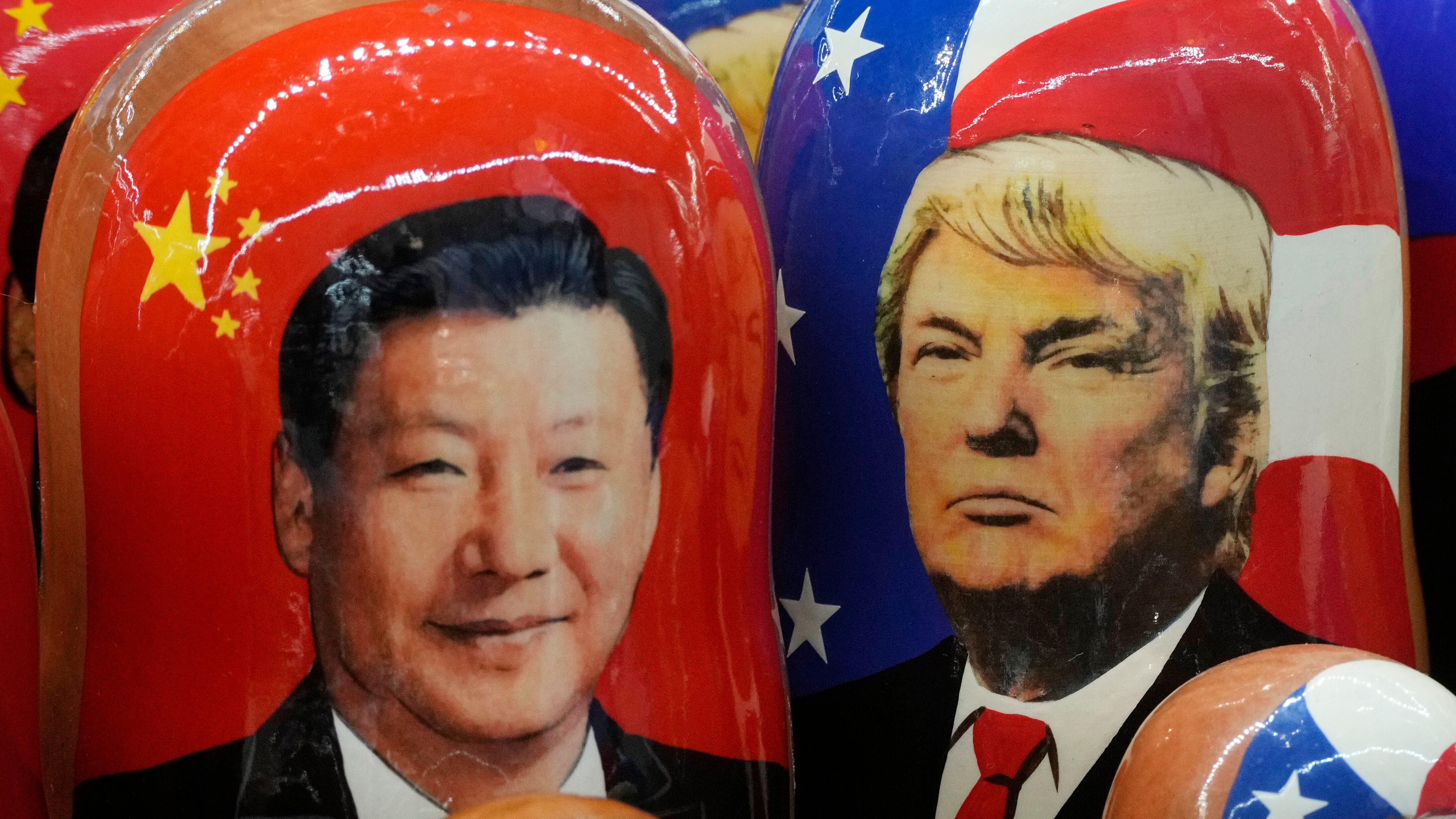BEIJING (AP) — China countered the tariffs imposed by Donald Trump on its products with its own on multiple American imports, in addition to announcing an antitrust investigation against Google and other trade measures.
PUBLICIDAD
The new US tariffs on products from Canada and Mexico were also supposed to go into effect on Tuesday, although Trump agreed to a 30-day moratorium on his threats to his neighbors, who are trying to address their concerns about border security and drug trafficking. Trump planned to speak with his Chinese counterpart, Xi Jinping, in the coming days.
PUBLICIDAD
This is not the first round of tariff retaliation. Beijing and Washington already faced off in a trade war in 2018 when Trump increased tariffs on Chinese products and China responded by doing the same.
On this occasion, according to analysts, Beijing is better prepared to respond.
"They have a much more developed export control regime. We depend on them for many critical minerals such as gallium, germanium, graphite, among others. So... they could cause significant damage to our economy," noted Philip Luck, former official of the State Department and director at the Center for Strategic and International Studies, on Monday at a forum.
The series of measures announced on Tuesday covers different sectors of the economy, from energy to specific US companies.
What are the consequences of this "trade war"?
Beijing indicated that it will impose a 15% tariff on coal and liquefied natural gas products, as well as a 10% tariff on crude oil, agricultural machinery, and large-displacement cars imported from the United States. The new taxes will come into effect next Monday.
"The unilateral increase in tariffs by the United States seriously violates the rules of the World Trade Organization," stated the Customs Commission in a press release. "Not only does it fail to solve its own problems, but it also damages the normal economic and trade cooperation between China and the United States."
In addition to tariffs, China announced export controls on several critical elements for the manufacturing of modern high-tech products. The measure affects tungsten, tellurium, bismuth, molybdenum, and indium, many of which are classified as critical minerals by the U.S. Geological Survey, meaning they are essential for the economic or national security of the United States and have supply chains vulnerable to disruptions.
Export controls are added to those Beijing imposed in December on key elements such as gallium used in the manufacturing industry.
What is the research affecting Google?
On the other hand, the Chinese State Administration for Market Regulation also said on Tuesday that it is investigating Google for alleged violation of antitrust laws. Although the announcement did not specifically mention tariffs, it came just minutes after the 10% tariffs ordered by Trump on the Asian giant took effect.
It is not clear how the investigation will affect Google's operations in the country, where it has a limited presence and its search engine is blocked, like most Western platforms. Google left the Chinese market in 2010 after refusing to comply with government censorship requests and after suffering a series of cyberattacks.
The Ministry of Commerce also included two American companies on a list of untrustworthy entities: PVH Group, owner of Calvin Klein and Tommy Hilfiger; and Illumina, a biotechnology company with offices in China. Their inclusion in this list prohibits them from participating in import or export activities related to China, as well as making new investments in the country.
